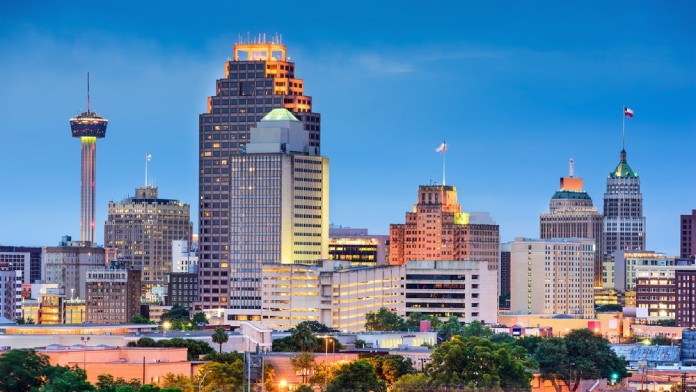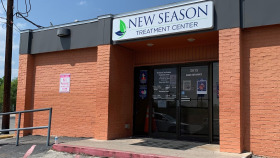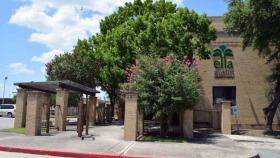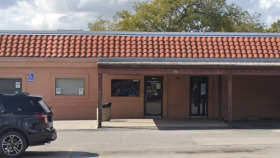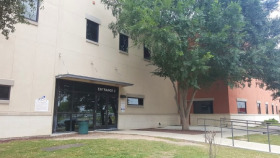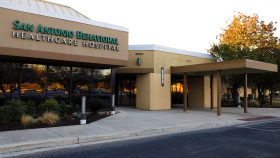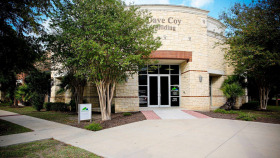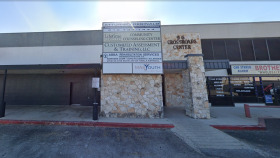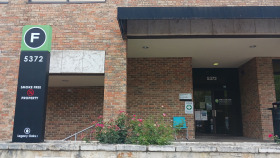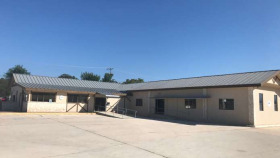Expert Insights
It’s no secret that Texas is in the middle of an overwhelming opioid epidemic. And while we normally hear nothing but doom and gloom when we talk about the opioid crisis, I ran across some encouraging and exciting news for once and wanted to share it. The University of Texas Health Science Center at San Antonio (UT Health San Antonio) was recently awarded a massive $1.8 million grant from the National Institutes of Health (NIH) in order to study peer recovery support systems and services for those struggling with opioid use disorder.
We know that medication-assisted treatment with buprenorphine (Suboxone) is considered the “gold standard of care” for opioid addiction, recent data seems to indicate that certain types of support services can actually increase the effectiveness of addiction treatment and help to support long-term recovery.
NIH is providing the grant money to UT Health San Antonio in order to study emerging “peer” recovery support systems, which includes people who have lived experience with addiction, they are in long-term recovery, and have specialized training to support others during their recovery process through non-clinical means. Examples include things like mentorship, occupational training, transitional housing, and aftercare programs. It will be very interesting to see what kind of impact peer support has on the recovery process as a whole.
~ Olivia Pennelle
Cost of Rehab in San Antonio
The cost of alcohol and drug rehab in San Antonio varies depending on several factors. The price may increase for each additional substance use that you need to address.
Your decision to choose a facility in a high-income neighborhood or location with high real estate values can also increase the cost. The type of medications you receive may influence the cost as well since some medications are more cost-effective than others.
Free or Low-Cost Drug Rehab Centers in San Antonio
State-funded treatment centers in Texas receive public health funds to deliver services to residents with substance use disorders. The Texas Health and Human Services work with two behavioral health and 37 local mental health organizations to deliver services in communities in Texas.
You can contact your county’s mental health or behavioral health authority for recommendations for the most appropriate services available. You can also explore the Addictions.com website to find accredited, low-cost or free San Antonio drug rehabs.
San Antonio Alcohol and Drug Use Statistics
Drug and alcohol statistics for the San Antonio region for people 18 years and older from 2018 to 2020 were as follows:
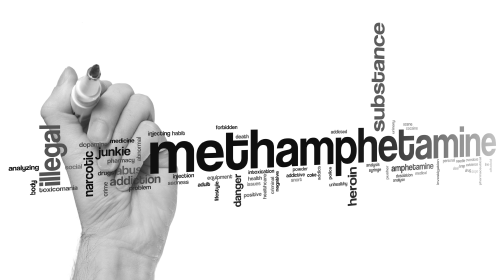
Less than 1% reported use of methamphetamines in the past year
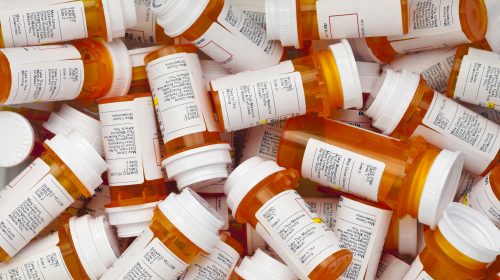
About 3% reported prescription pain reliever misuse in the past year

About 52% reported alcohol use in the past month

Nearly 27% reported binge alcohol use in the past month
Close to 10% of San Antonio residents reported illicit drug use in the past month.
Almost 13% of San Antonio residents reported marijuana use in the past year
About 1% of San Antonio residents reported cocaine use in the past year.
From 2018 to 2020, national data showed that less than one percent of people between 15 and 25 in the region of San Antonio, TX, reported heroin use in the past year.
Alcohol and Drug Laws in San Antonio, TX
Texas Good Samaritan Overdose Prevention Statute: This law encourages Texas residents to seek emergency medical attention during an overdose situation. It protects individuals who call 911 for assistance with a suspected overdose from prosecution for possession of certain controlled substances (if they have not called 911 for an overdose in the preceding 18 months).
Sandra Bland Act: This law provides for rehabilitation for individuals arrested or convicted of non-violent crimes. Per this statute, Texas criminal justice officials must work to identify people with suspected substance use concerns and send these individuals to an appropriate facility rather than send them to jail.
Texas Protections for Employees Seeking Addiction Treatment: Under the Family and Medical Leave Act (FMLA), Texas employees who voluntarily seek alcohol and drug treatment may be eligible for time off work. The Americans with Disabilities Act (ADA) also provides some protections for employees who seek addiction care.
Marijuana Laws: Texas law is one of the strictest in the country regarding marijuana. Recreational use and growth are illegal, and medical use is legal but heavily regulated. Penalties for use, growth, possession, or sale of marijuana range from 180 days in jail and a $2,000 fine to life imprisonment and a $50,000 fine.
Resources
- Mericle, A. A., Karriker-Jaffe, K., Patterson, D., Mahoney, E., Cooperman, L., & Polcin, D. L. (2020). Recovery in context: Sober living houses and the ecology of recovery. Journal of Community Psychology, 48(8), 2589–2607.
- Texas Health and Human Services Commission. (2022). Find Your Local Mental Health or Behavioral Health Authority.
- U.S. Department of Health & Human Services. (2021). Mental Health and Substance Use Insurance Help.
- Substance Abuse and Mental Health Services Administration (2021). Telehealth for the Treatment of Serious Mental Illness and Substance Use Disorders. SAMHSA Publication No. PEP21-06-02-001 Rockville, MD: National Mental Health and Substance Use Policy Laboratory. Substance Abuse and Mental Health Services Administration, 2021.

